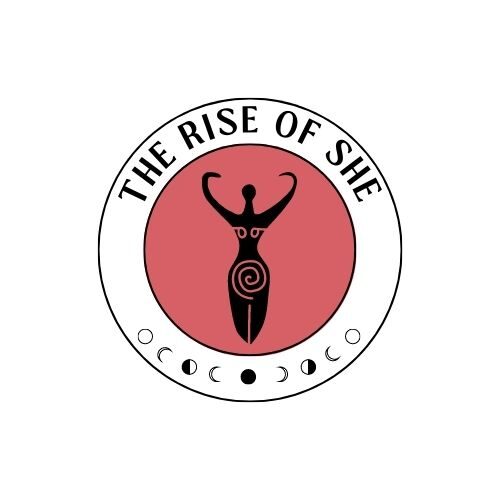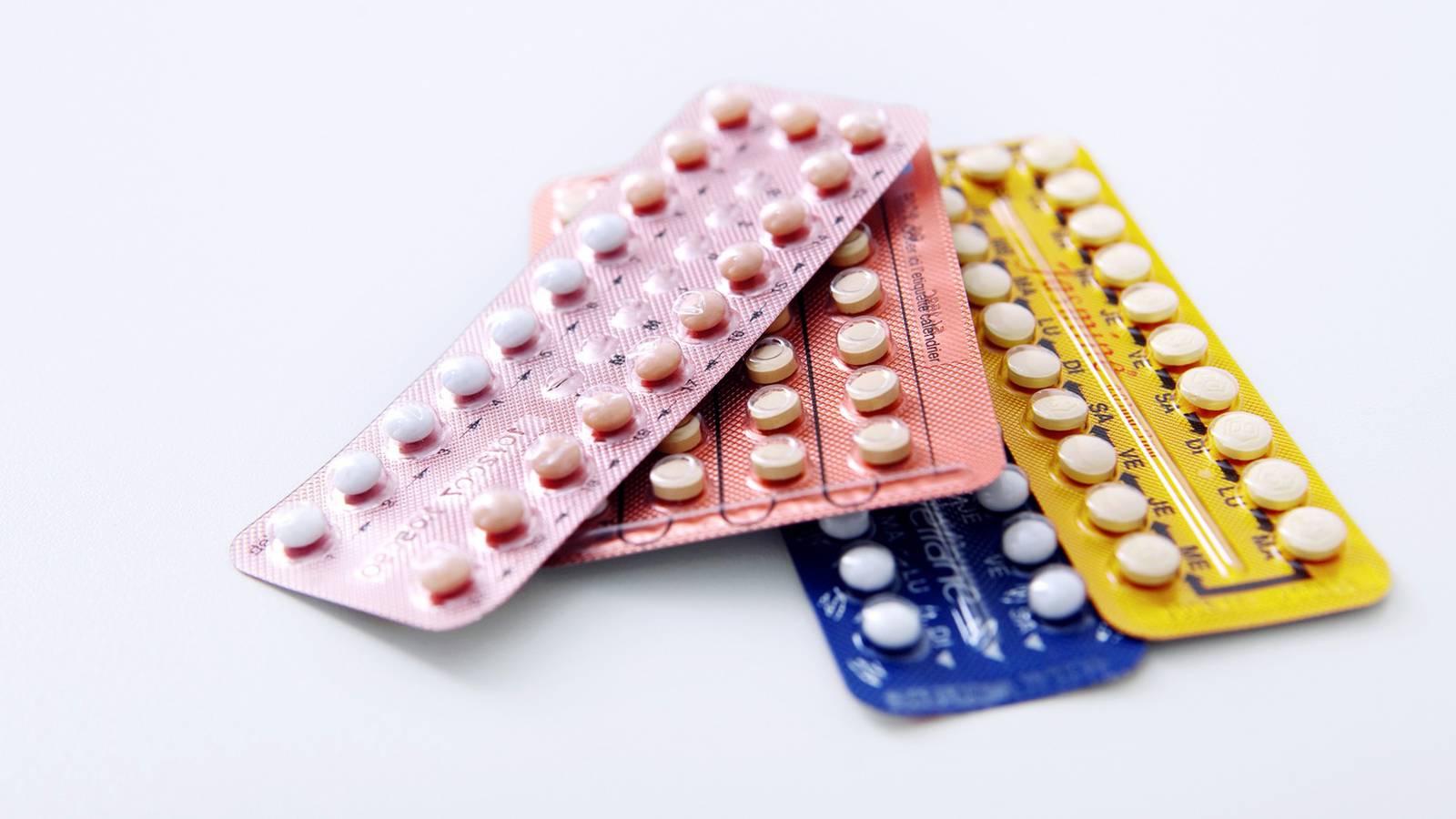When the contraceptive pill came onto the market it was a beacon of female liberation, no need to worry about pregnancy but instead just explore your sexual freedom. But is it really? I mean taking a pill every day to trick your body and stop the natural process of hormonal changes all so all so a MAN can have sex u without any worries about pregnancy? You could flip this argument to say if benefits men more than the woman.
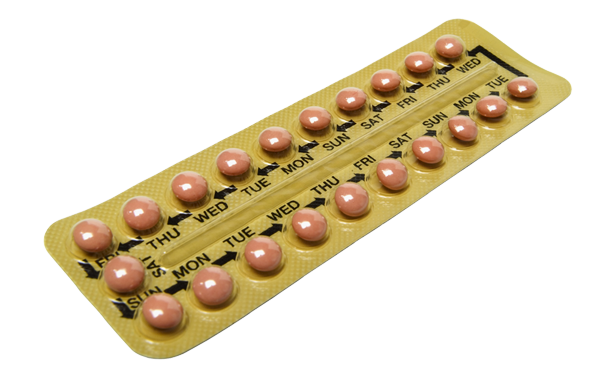
Disclaimer : I’m not a Doctor or medical trained . And in no way is this medical advice. – More common sense allowing room for thought, to make a decision and be fully informed.
My Story
I was 15 year-old when with a group of friends I went to our local health centre to go on the pill. I don’t think at that time I was even in a sexual relationship but I wanted to feel grown up, I was told by my peers that it make your boobs bigger and made you thinner!! WTF!
I was handed a green-pack of birth control pills. With a bag of condoms and a sexual health leaflet but No explanation or education as to how the pill worked, what it would do to my body, or the possible implications on my future fertility. Ironically the pill has a dramatic effect on your body, very similar to HRT, yet it’s so easy to go on the pill but not as easy to get HRT?
What hurts me now, knowing all the things I do about periods, fertility and hormonal health, is I had only been menstruating for a about 12 months, On the scale of thing my body hadn’t even adjusted to my period and I was cutting them out for years. Not allowing my body to experience and settle into her natural rhythm.
No one should have to go through that. So today, I’m laying down some little-known facts about the pill with hopes to demystify its use.
- How does the pill work?
- What is the combo birth control pill versus the progesterone only pill?
- What are the pros of the pill?
- What are the cons of the pill?
I never make judgements about what other women do. There’s no right or wrong. Instead, I try to focus on laying out the information so that you can make your own informed decision.
But there must be a reason that over 100 million women and people with wombs take the pill, right?
How does it work?
Let’s break it down. There are two kinds of pills on the market.
The first, a combined pill made of synthetic versions of the sex hormones estrogen and progesterone.
The second, a synthetic progesterone only pill, known as the mini-pill.
Most people who are taking the pill are on the combo pill, so that’s what I focus on in this blog.
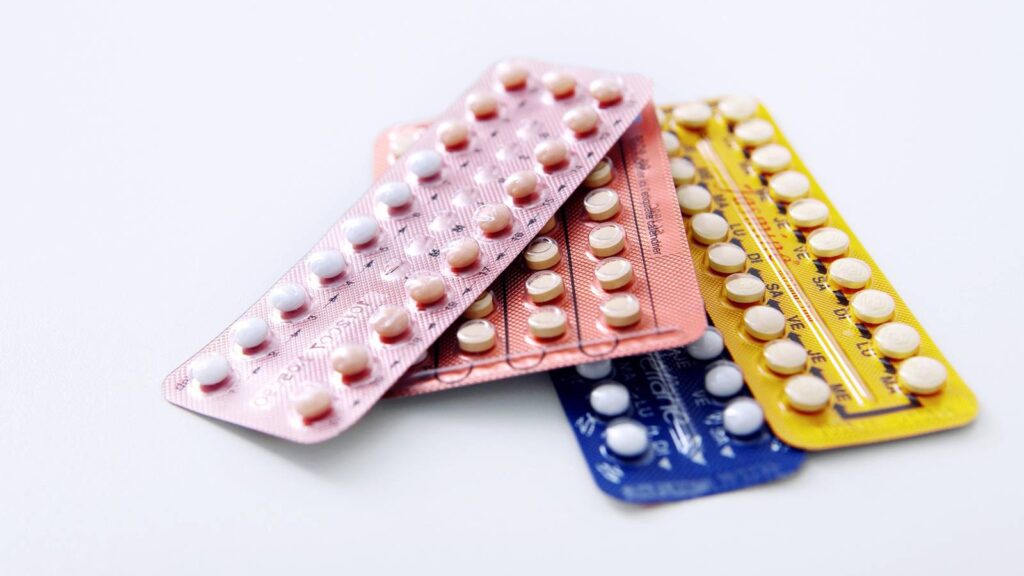
The combination pill works by suppressing ovulation, the physiological process of releasing a mature egg from the ovary for fertilization.
Usually, you take 21 days of the combo pill, and 7 days of the placebo pill (a pill that has no actual synthetic hormones inside, but supports you in keeping up the daily habit of taking your pill).
Although many on the placebo days will get a menstrual-cycle-like bleed, getting a pseudo period while on the pill isn’t the same. Because you don’t ovulate on the pill, your body hasn’t gone through the process of building up the uterine lining with progesterone.
Because of this, I refer to the period-like bleed many get on their placebo days while taking the pill as a breakthrough bleed, to differentiate between a biological hormone-induced bleed (aka what may happen if you’re not on any synthetic hormones), and a synthetic hormone induced bleed (i.e. breakthrough bleed on the pill).
Let me be clear because I get this question a lot, when you’re on the pill, you’re not ovulating. And you’re not having a biological hormone-induced bleed either.
Pros of the Pill
- Highly effective
The pill is 99% effective when used correctly and taken at the same time every day.
With typical human use (because no one I know is a perfect robot), that statistic drops to 91% efficacy.
2. Oldest hormonal contraceptive
The pill was the first hormonal contraceptive method introduced to the market, which means we have the most data around its side effects and efficacy.
This is getting into the cons here, but I can’t write this blog and not mention the racist and unethical ways that the pill was tested and researched.
You can read more about the hidden history of the pill here.
3. Wide accessibility is another pro of the pill, meaning that it’s available in many countries.
I do see the purpose of the pill. I recognize and acknowledge that access to the pill is life-changing and for some, empowering.
But as I mentioned, I’m not a fan of the pill. It’s important to me that you’re aware of my biases, and it would also be dishonest for me to hide the first-hand experience I’ve had with the pill and how it negatively impacted my body.
Cons
- First con of the pill is obvious, it’s not convenient. Efficacy drops to 8% when you forget to take it regularly, this makes it a challenging option for many women. If you struggle to take your vitamins in the morning, or drink water throughout the day, are you really going to remember to take the all-important pill at the same time?
Something to think about
The pill suppresses ovulation. Okay, I know what you’re thinking here… “But, isn’t that the whole damn point?!”
“Why else would I put myself through the side effects of spotting and breakthrough bleeding, nausea, breast tenderness, headaches, weight gain, elevated blood pressure, and decreased sex drive while on the pill?” (and yes, those are the actual side effects of the combo pill).
Hey theoretical voice, you’re right. If you don’t ovulate, you can’t get pregnant.
Ovulation is an important biological process, essential for the health of every woman, whether or not you want to get pregnant.
The hormones created in an ovulatory cycle nourish brain, bone, breast, and heart health, among other things.
It is naive to think that we could suppress a natural function of the body without side effects. And the pill doesn’t just suppress ovulation, it has other impacts on your hormones, too.
Because the pill is taken orally, it has to travel through the bloodstream to reach your pelvic organs. This means the pill is systemic, impacting much more than just reproductive centres, but impacting liver, kidney, and endocrine glands in the brain, too.
The pill disrupts the connection between your ovaries and your brain. With ample synthetic hormones, the endocrine glands in the brain can get confused and think there are enough, so they stop telling your ovaries to produce natural hormones too.
This is likely one of the reasons that it can take at least 3 – 6 months to get your menstrual cycle back after being on the pill, as it takes time to re-establish the connection.
Research also shows that the pill has an impact on ovarian reserve, the number of immature eggs inside of the ovaries. This is absolutely something to consider if you’re just going on hormonal contraception now, with the hopes to conceive in the future.
Lowers sex drive.
If the pill is the key to sexual liberation, it’s kind of ironic that it actually lowers sex drive, isn’t it?
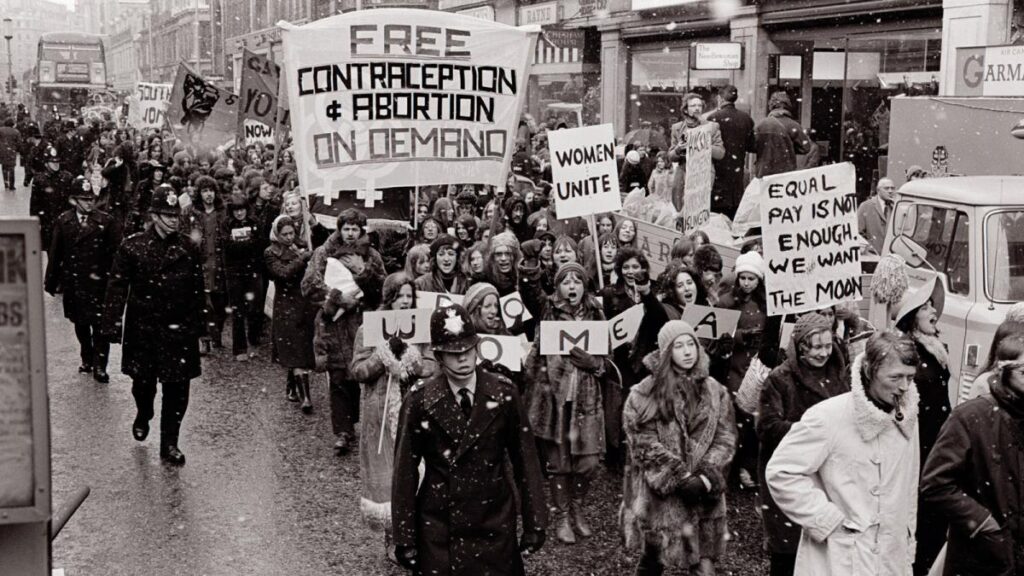
By reducing available testosterone, the pill directly impacts our sex drive. If you are nourished by sexual connection with yourself or others, this is something to consider before going on the pill.
So no I am not a fan of the Pill only because it seems to be oversubscribed as a magic pill without fully explaining to women what it does and what the side effects are.
If like me and suffer from hormonal stress acne when I was younger, every time I visited the doctor I was asked if I wanted to go on the pill. I am now in my 40s and still get an eyebrow raise off my GP when I say I use natural cycles as my form of contraception.
